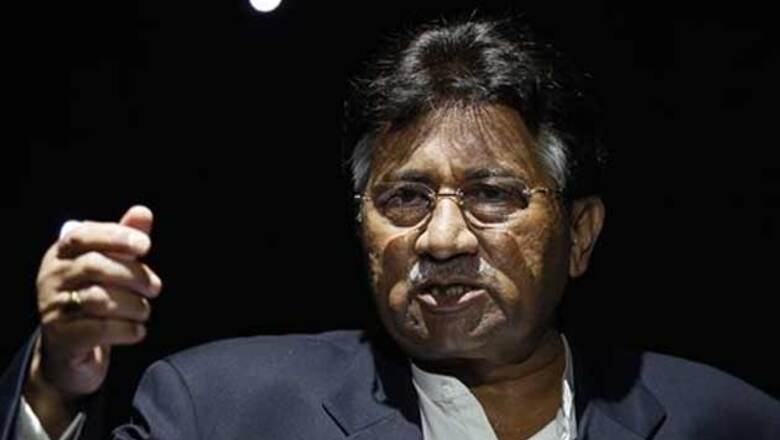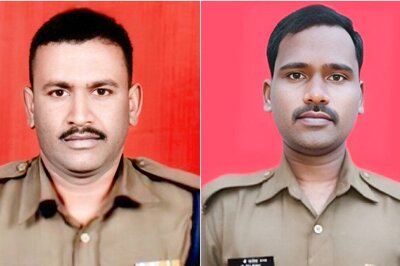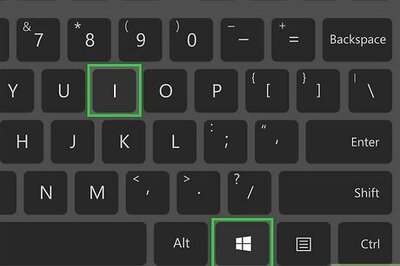
views
Islamabad: A Pakistani court on Wednesday extended Pervez Musharraf's bail over the assassination of former premier Benazir Bhutto even as the apex court summoned a top official to explain the government's position on taking action against the former dictator for imposing emergency in 2007.
Musharraf, who returned home last month after nearly four years in self-exile, personally appeared before a division bench of the Lahore High Court in Rawalpindi for the extension of his bail over allegations that he failed to provide adequate security to Bhutto in 2007.
Dozens of paramilitary Pakistan Rangers troopers took over security at the court complex hours before Musharraf's appearance. Musharraf, 69, was surrounded by security personnel and bodyguards as he entered and left the courtroom.
The judge extended his bail till April 24 and told him to deposit two bonds of Rs 500,000 as surety. As Musharraf was driving out of the court complex, a scuffle broke out between his supporters and lawyers opposed to the retired general. Footage on television showed several lawyers wearing black coats beating one of Musharraf s supporters.
Security personnel intervened to end the clash. In a separate development, a two-judge bench of the apex court summoned the Interior Secretary to explain the government's position on five petitions seeking Musharraf's trial for treason for violating the Constitution and imposing emergency rule.
The bench asked the Secretary to provide evidence about the action taken by the government after the Senate or upper house of parliament passed a resolution against Musharraf in January 2012. The Secretary was directed to furnish this information at the next hearing on April 22.
The bench further said that a petition filed by Musharraf's lawyers seeking the formation of a lager bench to hear his case had been sent to Chief Justice Iftikhar Chaudhry, who would decide the matter. Earlier, Attorney General Irfan Qadir asked the Supreme Court for a week to submit a detailed reply on whether Musharraf could be tried for treason under Article 6 of the Constitution, which relates to high treason.


















Comments
0 comment